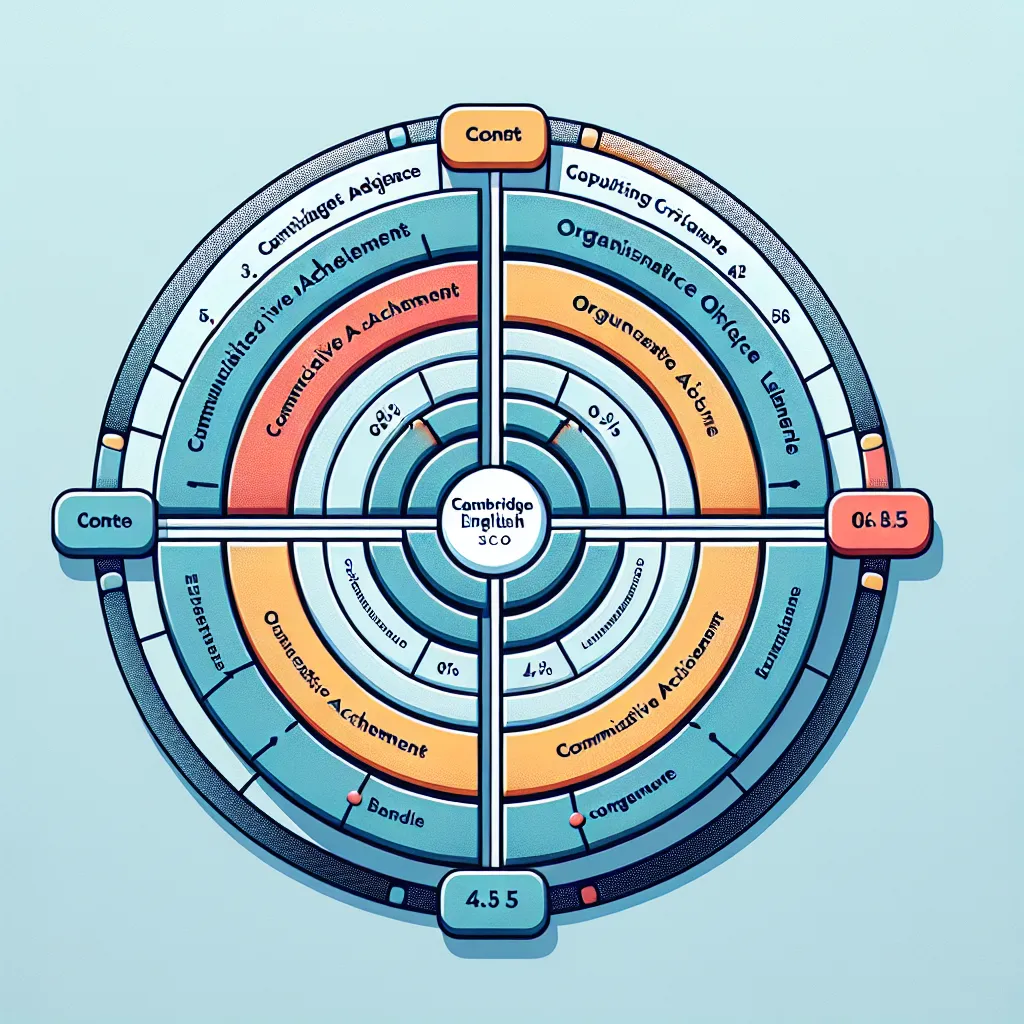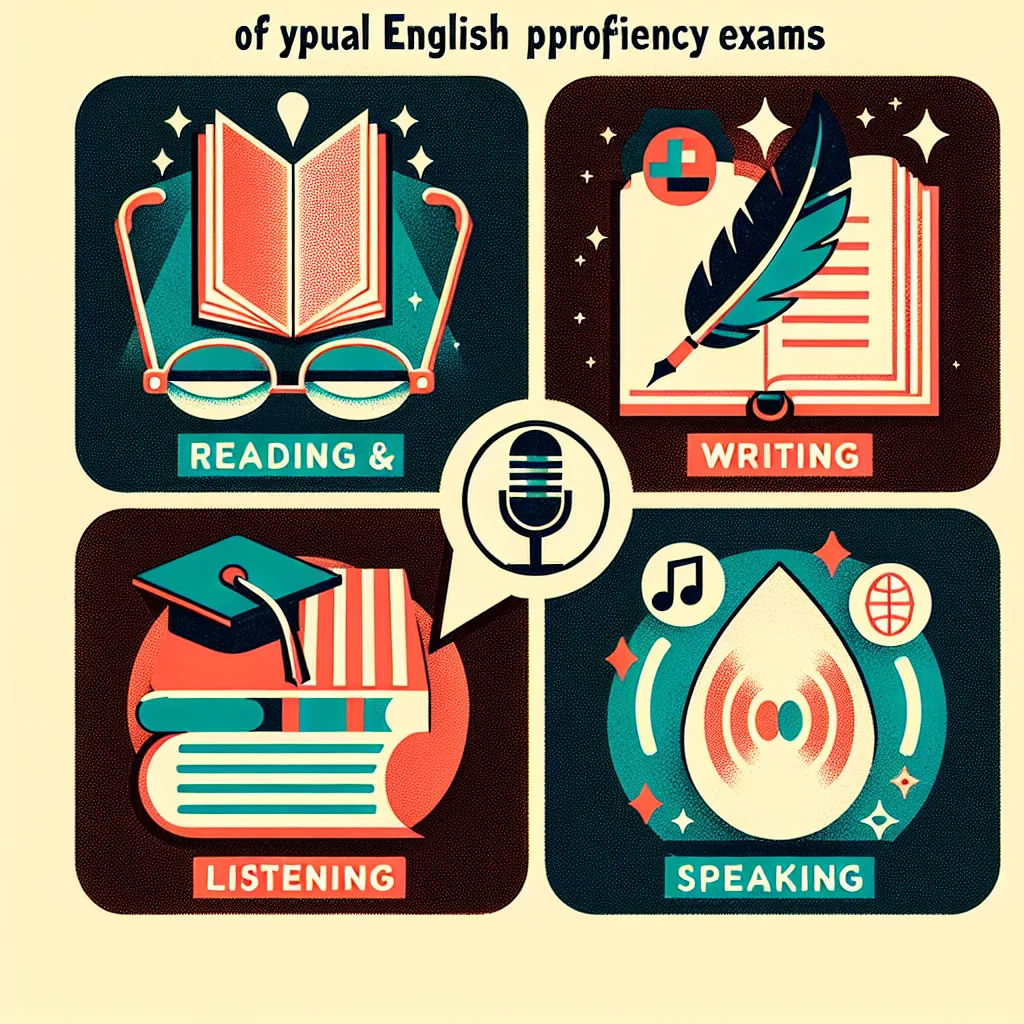Are you preparing for a Cambridge English exam and wondering how your writing skills will be evaluated? Understanding the scoring process of the Cambridge English Writing section is crucial for success. In this comprehensive guide, we’ll dive deep into the assessment criteria, scoring methods, and tips to help you excel in your writing tasks.
Introduction to Cambridge English Writing Assessment
The Cambridge English Writing section is a critical component of various Cambridge English exams, including B2 First (FCE), C1 Advanced (CAE), and C2 Proficiency (CPE). This section assesses your ability to communicate effectively in written English, demonstrating your language proficiency and creative skills.
 Cambridge Writing Assessment
Cambridge Writing Assessment
Understanding the Scoring Criteria
Content
Content is the first criterion assessed in your writing. Examiners look for:
- Relevance to the task
- Appropriate register and format
- Clear main ideas and supporting details
- Coherent arguments and examples
To score well in content, ensure that you fully address the task requirements and provide well-developed ideas.
Communicative Achievement
This criterion evaluates how well you:
- Convey your message to the target reader
- Use appropriate tone and style for the task
- Maintain the reader’s interest
Focus on adapting your writing style to suit the purpose and audience of the task.
Organisation
Organisation refers to the structure and coherence of your writing. Examiners assess:
- Logical progression of ideas
- Use of paragraphs
- Cohesive devices (linking words and phrases)
- Overall text structure
Ensure your writing flows smoothly and ideas are clearly connected.
Language
The language criterion evaluates your:
- Vocabulary range and appropriacy
- Grammatical accuracy and complexity
- Spelling and punctuation
Demonstrate a wide range of vocabulary and grammatical structures while maintaining accuracy.
Scoring Method
Band Scales
Cambridge English uses a band scale system for scoring writing tasks. Each criterion (Content, Communicative Achievement, Organisation, and Language) is scored on a scale from 0 to 5, with 5 being the highest.
Overall Score Calculation
The overall score for a writing task is calculated by adding up the scores for each criterion and converting the total to a scale specific to each Cambridge English exam level.
 Cambridge Writing Scoring
Cambridge Writing Scoring
Tips for Excelling in Cambridge English Writing
1. Understand the Task Requirements
Carefully read the instructions and ensure you address all aspects of the task. Pay attention to word count limits and specific content requirements.
2. Plan Your Response
Spend a few minutes outlining your ideas before starting to write. This helps ensure a well-structured and coherent response.
3. Use a Variety of Language
Demonstrate your language proficiency by using a range of vocabulary and grammatical structures appropriate to the task and your level.
4. Practice Time Management
Allocate your time wisely between planning, writing, and reviewing your work. Leave time for proofreading at the end.
5. Revise and Edit
Always review your writing for errors in grammar, vocabulary, and spelling. Check that your ideas are clearly expressed and well-organized.
Common Pitfalls to Avoid
- Straying off-topic or not fully addressing the task
- Using informal language in formal writing tasks
- Neglecting paragraph structure and cohesive devices
- Overusing simple grammatical structures or limited vocabulary
- Exceeding or falling short of the word count limits
Next Steps in Your Cambridge English Preparation
Now that you understand how the Cambridge English Writing section is scored, it’s time to put this knowledge into practice:
- Complete practice writing tasks under timed conditions
- Seek feedback from teachers or language exchange partners
- Analyze sample answers and examiner comments
- Focus on improving your weaker areas based on the scoring criteria
- Regularly review and expand your vocabulary and grammar knowledge
Remember, consistent practice and targeted improvement are key to success in the Cambridge English Writing section.
Conclusion
Understanding the scoring process of the Cambridge English Writing section is crucial for achieving your desired results. By focusing on content, communicative achievement, organisation, and language, you can effectively showcase your writing skills. Keep practicing, stay mindful of the assessment criteria, and approach each task with confidence. With dedication and the right preparation, you’ll be well-equipped to excel in your Cambridge English exam.
[internal_links]
- Preparing for Cambridge English Speaking Test: Essential Tips and Strategies
- Top Cambridge English Reading Comprehension Techniques
- Mastering Cambridge English Use of English: Key Strategies and Practice Exercises
[/internal_links]




